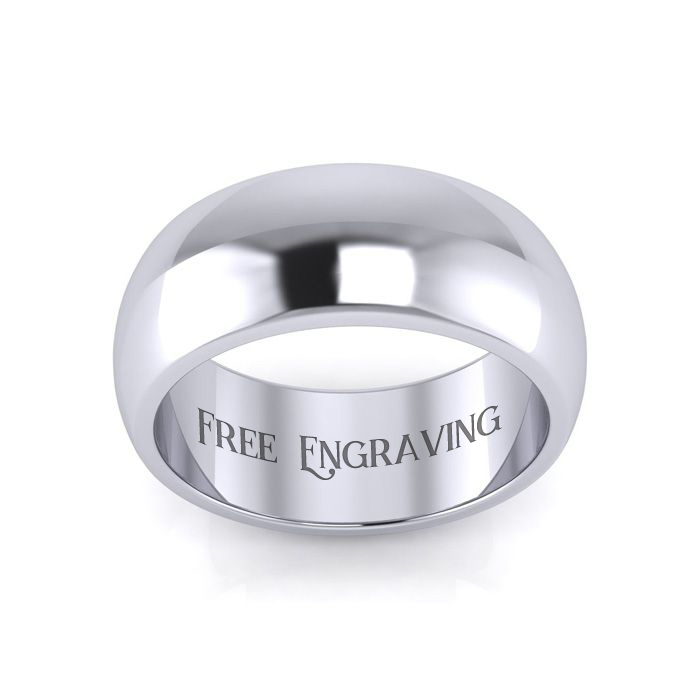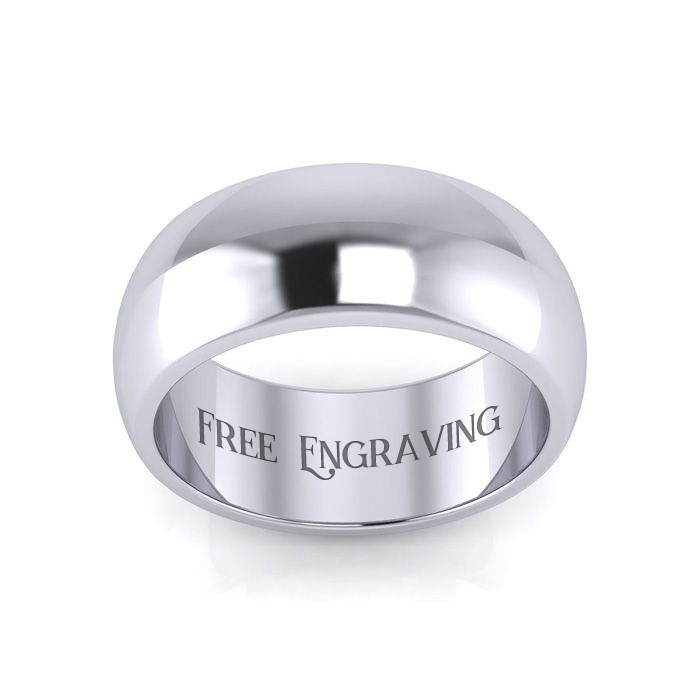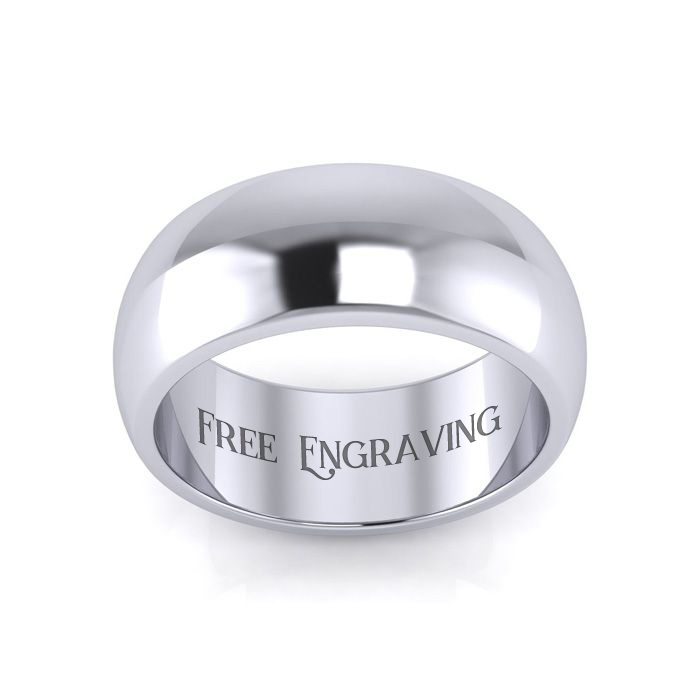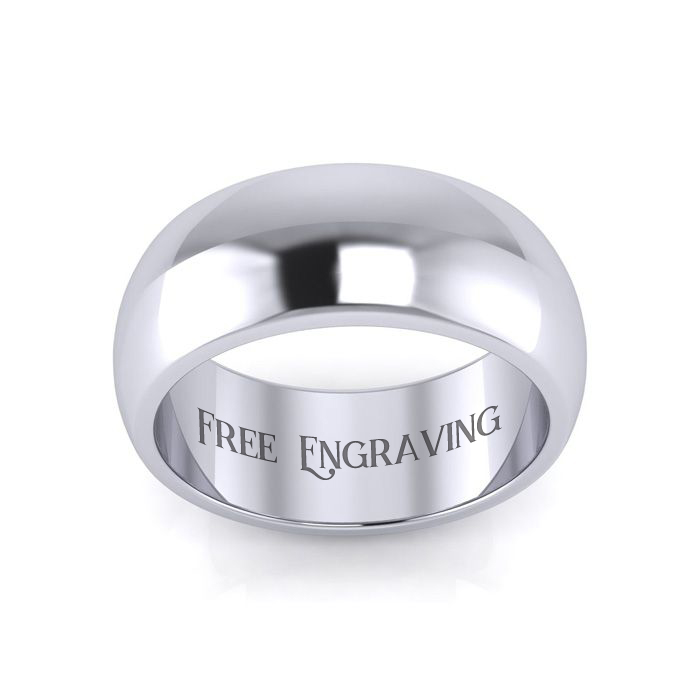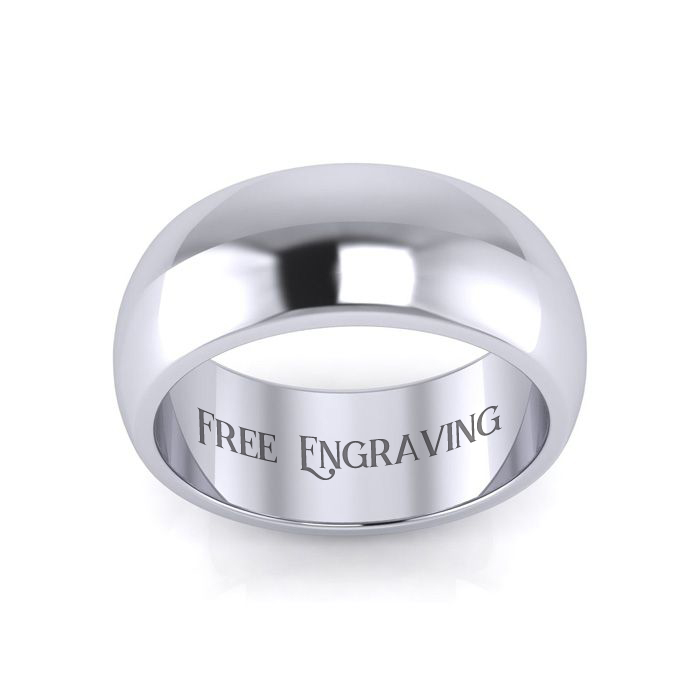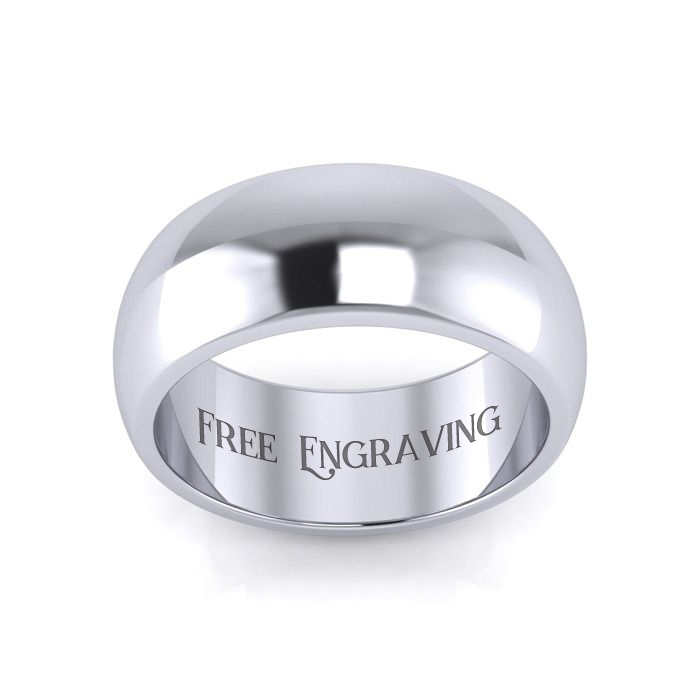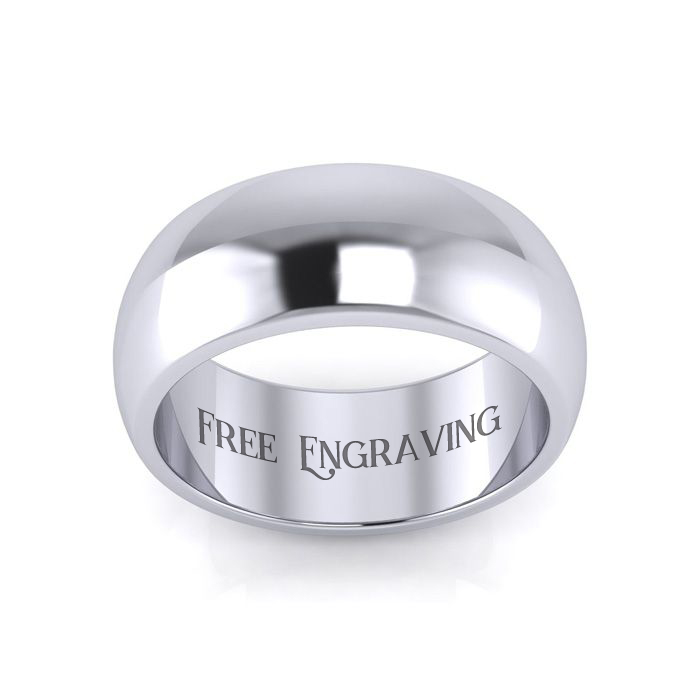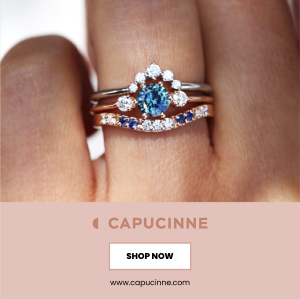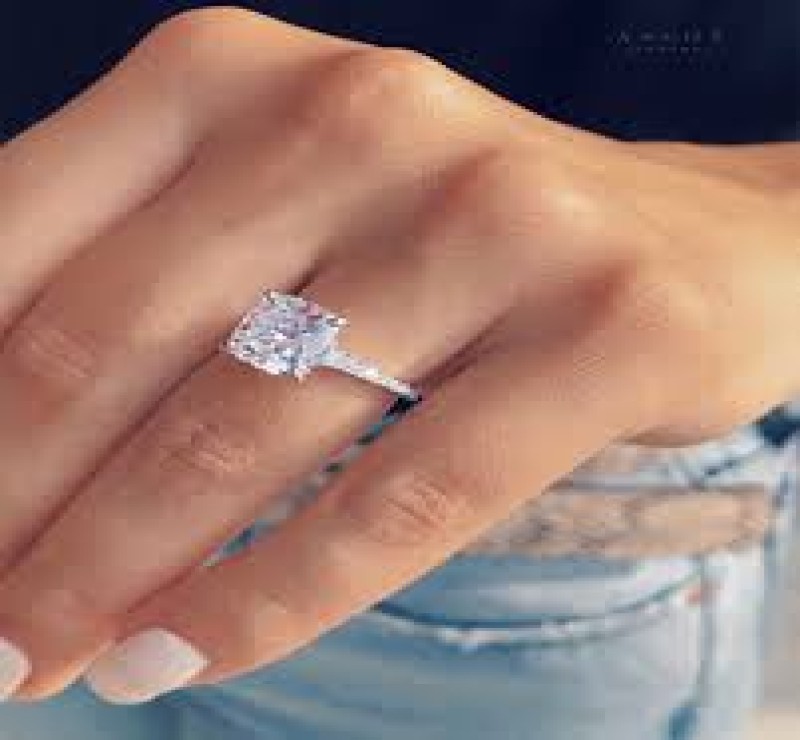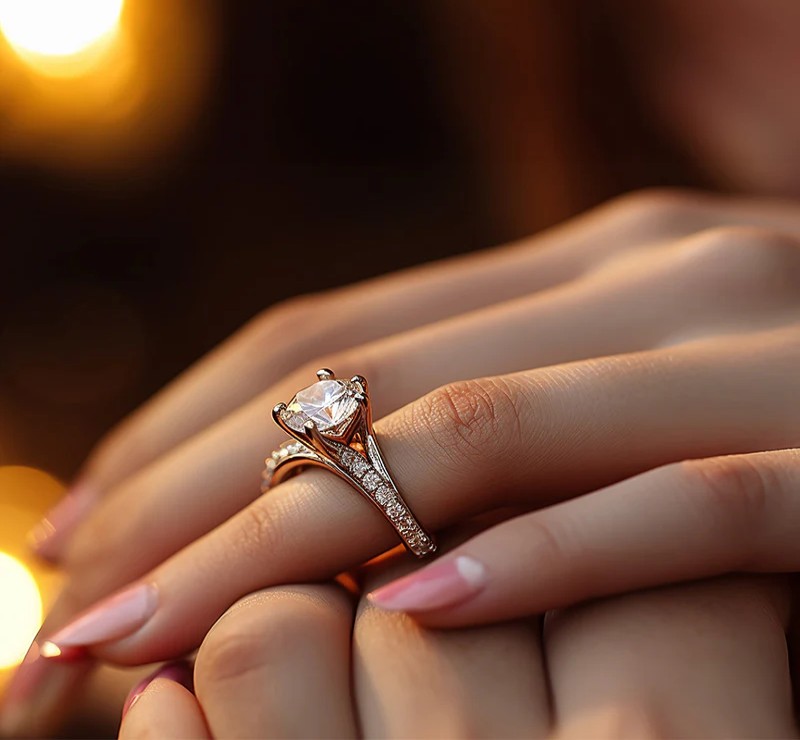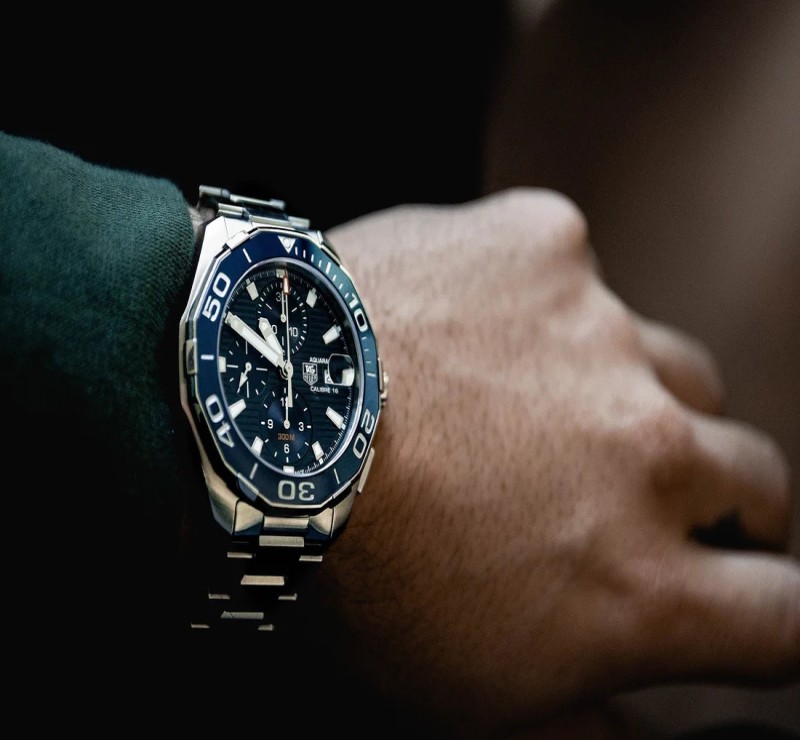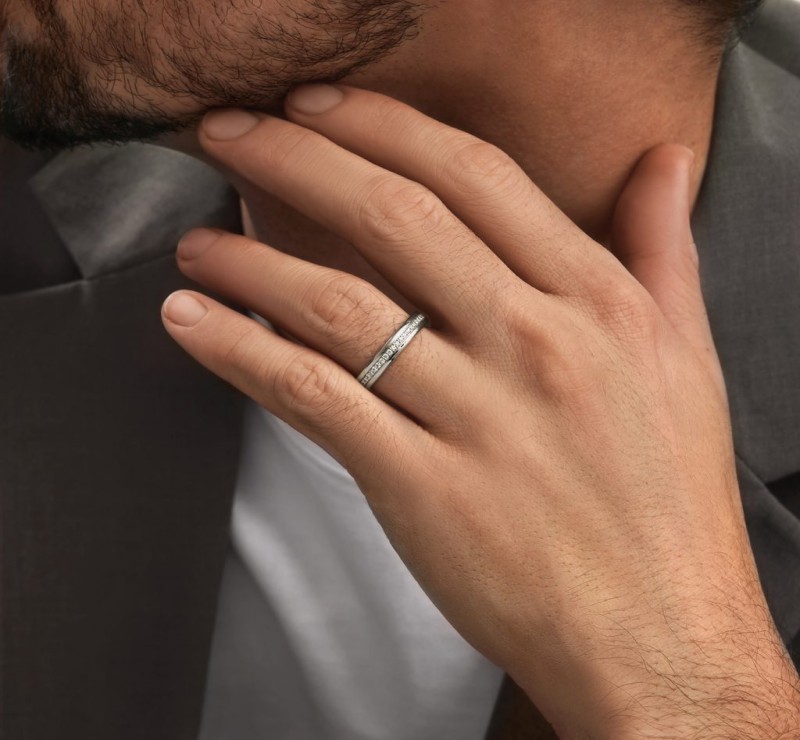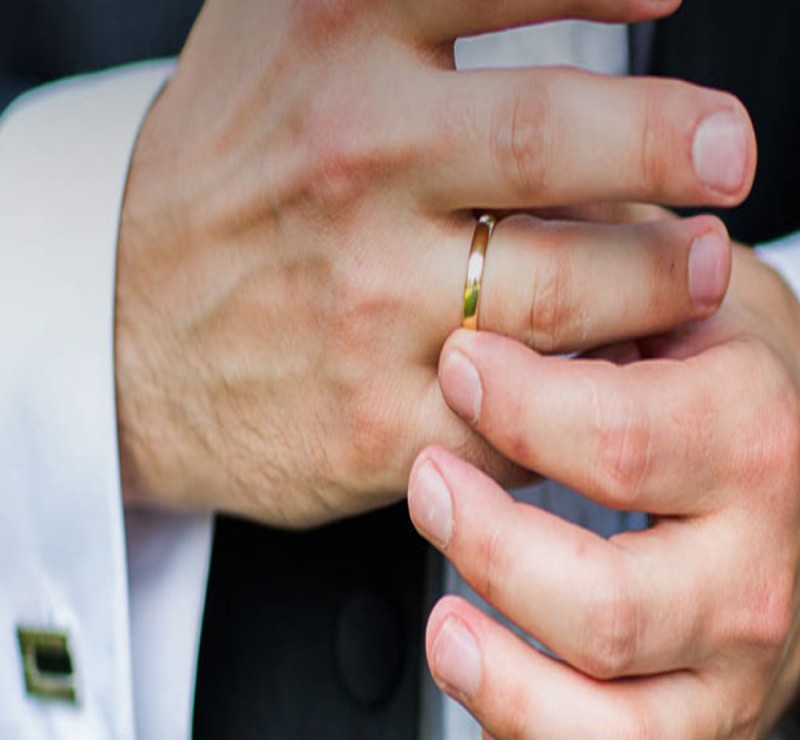
Topaz Gemstone Buying Guide at DDB
The term "topaz" is often loosely applied, both by the general public and by dealers in gemstones, too many stones that are not topaz. One generally visualizes topaz as being a yellow stone, and this is certainly its characteristic color. Yet the true topaz, or precious topaz as it is sometimes called, is found in a variety of colors. It is not a common stone, and it is not widely used in jewelry. What most people know as Topaz is Really Topaz Gemstone Buying Guide at DDB The Commoner Stone, citrine or yellow quartz, and it is unfortunate that the term is not strictly kept to the more beautiful and rarer species.
Composition of Topaz Gemstone
Chemically, Topaz is a Fluosilicate of Aluminum, and it occurs in natural crystals, prismatic in habit with pyramid terminations. Topaz Gemstone Buying Guide at DDB These crystals fall into the rhombic system of crystallography, although there is some doubt as to the real nature of the crystal structure of this stone. Some think that it belongs to the pyramidal polar class of symmetry; others think that its true habit is holohedral, that is, with double terminated crystals fully developed at both ends. Topaz Gemstone Buying Guide at DDB Crystals usually have sharp edges and well-defined faces, with a high natural polish on their surfaces. They are found in sizes weighing over 100 lbs. down to quite microscopic pieces. Twin crystals showing intergrowth between rock crystal and topaz are common.
Of the many gemstones known, topaz is one of the very few which contains the element fluorine; water is also present in a minute quantity. Topaz Gemstone Buying Guide at DDB Many specimens have been found to contain cavities of varying sizes, which are filled either with gaseous liquids or small crystals of foreign matter, such as ilmenite, hematite, and rutile.
Colors of Topaz Gemstone
Topaz Occurs in a Wide Range of Colors, but the commonest is pure white and those with pale yellowish shades. Topaz Gemstone Buying Guide at DDB Very beautiful limpid yellow and sherry shades are characteristic, but pale blue —a lighter and harder, steely looking blue than the aquamarine and also pale greens are also seen on the market.
They are often difficult to distinguish superficially from aquamarine. Natural red or pink specimens are very rare, although such shades are seen in mounted jewelry. Topaz Gemstone Buying Guide at DDB These have been artificially treated to produce this color, and "pinking" is a very old process which has been extended, with success, to other varieties of gemstones.
With Topaz, the original stones before treatment are a yellowish-brown and generally of Brazilian origin. They are packed in an inert material, such as magnesia, and then slowly heated to redness in a crucible. Topaz Gemstone Buying Guide at DDB The color is gradually driven off, and when the stones cool, a permanent pinkish shade appears. If heated in the presence of oxygen, the red color is accentuated, but if nitrogen is used, the material changes to a black mass. The temperature must be watched during this process since a salmon tint instead of the desired rose red may result if insufficient heat is applied. Topaz Gemstone Buying Guide at DDB On the other hand, a stone may crack and be ruined.
The change in color may be due to some effect on the coloring agent since no change in the molecular arrangement of the crystal seems to take place. Topaz Gemstone Buying Guide at DDB On the other hand, many yellow stones lose their color entirely when heated, and pale yellow crystals from some localities lose their color when only exposed to strong sunlight. Topaz Gemstone Buying Guide at DDB A Fine Collection of Topaz from Russia now in the British Museum is kept under cover for this reason. Actually, dark shades in topaz rarely occur in nature, and even such stones are often unstable. This natural change is thought to be due either to traces of other metals in a colloidal state within the stone or to some included organic matter, Topaz Gemstone Buying Guide at DDB but a definite reason cannot, as yet, be stated. It has also been found that long exposure to the action of X-rays sometimes has the effect of intensifying the natural color of topaz, and it has been known to produce a yellowish or orange tint in colorless specimens.
Fine stones of a deep color realize a good price, but ordinary stones are of little commercial value. They are even of not much use as an abrasive, for although they are graded as 8 on Mohs' scale, they are really not much harder than quartz, and therefore far softer than corundum. Topaz Gemstone Buying Guide at DDB Topaz is Very Easily Cleaved, and for this reason, careful handling is necessary. Hardness will appear to be slightly lower in directions of cleavage, so tests should be applied in two directions at right angles to each other. The lapidary must also beware of splitting crystals too easily; cleavage being perfect, incipient flaws will quickly arise. For this reason, rough material for gem use should be free from flaws. Topaz Gemstone Buying Guide at DDB Actually, a large topaz crystal is capable of being divided into sections of any desired thickness without trouble.
Polish of Topaz Gemstone
Topaz takes a particularly high polish, giving a fine luster, which is not quickly affected in ordinary wear- The expert notices a peculiar slippery touch about this stone, which other varieties lack. Topaz Gemstone Buying Guide at DDB Another property is its ability to be strongly electrified by friction or by the application of a gentle heat. This phenomenon, known as pyro-electricity, is rare among minerals. Other specimens become phosphorescent in a dark room under the same conditions. Topaz Gemstone Buying Guide at DDB Dichroism is difficult to detect, except with the aid of a dichroscope, but it may be seen distinctly in well-colored specimens particularly in the red stones. The refractive indices are 1.61-1.62, and the specific gravity is 3.53, although this may vary between 3.50 and 3.60.
Cuts of Topaz Gemstone
All the recognized Forms of Cutting Are Used With Topaz; large specimens are step cut, often with additional facets. Mixed cuts are common, and the smaller white stones are often brilliant and baguette cut. Topaz Gemstone Buying Guide at DDB Imperfections usually take the form of feathers or uneven distribution of color. When brilliant cut, white topaz may be confused in the daylight with diamond, but a test of hardness alone would quickly show a distinction. Coarse material is occasionally employed as a substitute for emery in grinding and polishing. Topaz Gemstone Buying Guide at DDB The stone itself is generally cut on a copper wheel with rottenstone.
The rough stone usually occurs in granitic and gneissic rocks, but sometimes also as waterworn pebbles in river beds, and often accompanied by some form of crystallized quartz and cassiterite, as well as tourmaline, beryl, fluorite, apatite, and mica. Topaz Gemstone Buying Guide at DDB In Saxony, specimens are found in a brecciated mass of tourmaline quartz rock, cemented together by topaz and quartz. The crystals line many of the cavities in such rocks. In the U.S.S.R., particularly in the Mursinka district of Siberia, fine material, often blue in color, is found in granite druses associated with beryl, quartz, and other stones. Most of the blue stones now marketed come either from Brazil or Rhodesia, where white topaz is also found. Topaz Gemstone Buying Guide at DDB The pale blue stones, which are very attractive when cut, are becoming more popular in jewelry since good aquamarines are scarce. The two stones are often confused although the topaz is more of a steely-blue than the aquamarine. Topaz Gemstone Buying Guide at DDB The Rhodesian stones are sometimes known as Somabula Blue from the district in which they are mined.
Fine brown and yellow stones come from Brazil, where they are found in granite and in pegmatite deposits. Topaz Gemstone Buying Guide at DDB The deposits in the vicinity of Ouro Preto, almost in the center of the state of Minas Geraes, yield the best specimens. Other colors, yellow, blue, and green, are found over a wide area in Queensland, Australia. Topaz Gemstone Buying Guide at DDB Their natural shapes take the form of pebbles or ovals, and they are generally associated with cassiterite. Topaz Gemstone Buying Guide at DDB The Stanthorpe tin fields seem to produce the best stones here. Small quantities of material suitable for cutting have been found in Japan, Ceylon, Upper Burma, the U.S.A., and other countries, including the British Isles.
In earlier days, the pale brownstones were confused with diamonds. The large stone of 1,680 carats which is set in the Portuguese crown jewels, and known as the Braganza, was for many years thought to be a diamond, but it is really nothing more than a fine topaz. Topaz Gemstone Buying Guide at DDB Such confusion between topaz and other gemstones has led to a number of terms being associated with the general name of topaz, and most of them have not been of much assistance in defining the true stone. Topaz Gemstone Buying Guide at DDB The simple term topaz is quite sufficient for all purposes, although "Brazilian topaz" and "precious topaz" are often used.
Oriental Topaz is Really Yellow Sapphire, and it is, therefore, a term to be avoided. Scotch topaz is yellow quartz, and many of the stones sold under that name are neither Scotch nor topaz. Topaz Gemstone Buying Guide at DDB Ceylon, which produces topaz among a host of other gemstones, markets colorless topaz under the term water sapphire, and yellow stones as king topaz. The blue-green topaz is frequently sold as aquamarine. Rough topaz pebbles, owing to their peculiar limpidity, are sometimes called "gouttes d'eau."
How is Topaz Gemstone Made
Topaz has been made synthetically by the action of hydrofluor-silicic acid on silicon and aluminum in the presence of water at a temperature of about 500° C. Topaz Gemstone Buying Guide at DDB There are other laboratory methods, but their practice is of no advantage on account of the comparatively low price and the restricted demand for the natural stone.
The word Topaz is of Eastern Origin, the Sanskrit topaz meaning "fire," and top denotes "to shine." We get the word from the Greek, but Pliny's explanation that the stone was named after Topazas, an island in the Red Sea, is probably incorrect. Topaz Gemstone Buying Guide at DDB He describes a statue of Arsinoe, the wife of Ptolemy Philadelphus, which was four cubits high, made from topazion, but this could not have been of the stone we now know by the name of topaz. Topaz Gemstone Buying Guide at DDB Others think that the word is derived from topazo, meaning "to seek," since the island in the Red Sea was often surrounded by fog and was thus difficult to find.
Originally, the term topaz was applied to yellow peridots; now, it is still loosely used, and although the value of any kind of topaz is not high, one should avoid misapplying this name to other mineral species.









